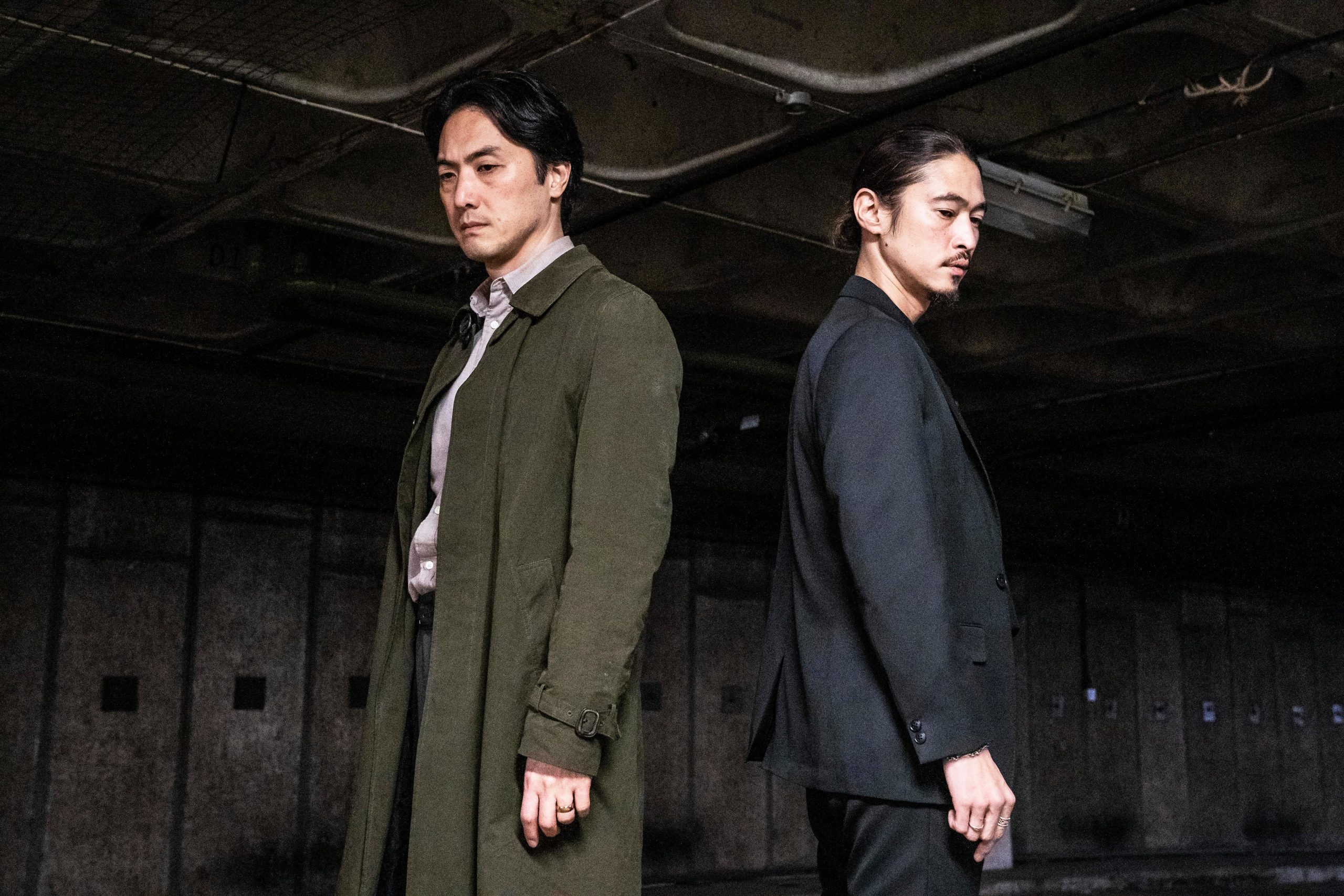It is difficult being a firstborn. As if the burden of expectations isn’t enough, you also have to bear responsibility for your siblings who have a limitless potential to be a nightmare. The protagonist of ‘Giri/Haji’, Detective Kenzo Mori, knows this all too well. In this Anglo-Japanese drama, the hero struggles under the weight of what’s right and wrong. He is torn between the sense of duty for his job and the obligation for his family. While exploring Kenzo’s morality, the drama introduces us to other characters that win us over by their all too relatable imperfect lives and the penchant for making bad decisions.
Giri/Haji Season 1 Recap
Translated ‘Duty/Shame’ is English, ‘Giri/Haji’ uses two brothers as its pawn to tell the story that takes the viewers back and forth from Japan to England. Kenzo Mori is a cop who has to balance the responsibilities at work and at home. The criminal past of his presumed-dead younger brother keeps chasing him at work, and at home, he has to find ways to get through to his rebellious daughter while making time for his ailing parents. While juggling all this, his marriage is suffering too.
In midst of this, the nephew of a Yakuza leader is stabbed to death with a sword that brings suspicion back to another crime lord. As tensions mount in Tokyo, Kenzo is sent to London to investigate the murder and seek out the real perpetrator- his brother.
Giri/Haji Season 1 Review

The overall picture of ‘Giri/Haji’ isn’t something new. We have seen the troubled sibling relationship materialise on the screen before. The duo of the righteous elder brother and the lawbreaker younger one (and sometimes, the other way around) has been the focal point of a number of stories. While treading such familiar grounds, it becomes crucial to set yourself apart by doing something new, either shifting the dynamics or throwing in unforeseen plot twists. This show uses all these tricks to deliver an engrossing tale of crime and family.
The first thing that it benefits from is the allure of Japan. The looming threat of the Yakuza, the use of samurai swords and toned-down background of Tokyo (as compared to its depiction in general) sets a mood for the story that keeps you on edge. The constant shift from Tokyo to London and back presents a contrasting backdrop, which tethers the story to the basics while allowing it to soar wildly in the unconstrained sky. In a number of ways, it represents Kenzo’s tussle. Despite countering new threats and making new friends in London, he is constantly reminded of the life he has left behind in Tokyo.
The story is further driven by impeccably drawn out character, each of whom has a battle of their own. While Kenzo has to decide whether to act like a cop or a brother, Yuto has to make choices of his own. He has always been a troublemaker and is single-handedly responsible for the bloodshed that has followed his actions. He has been acting in self-interest for so long that it becomes challenging for him to make sense of the developments around him. In between this, we are introduced to Sarah Weitzmann, a cop who has been ostracised due to the past conduct which may not have been as moral as she told herself it was.
The main attraction, however, is Will Sharpe’s Rodney, a troubled rent boy who struggles with addiction. While the rest of the cast shines in their roles, it is Sharpe’s presence that makes the screen light up a bit brighter. He is caught up in a battle of someone else, seeking distraction from his own. Using sass and sarcasm as his defense mechanism, he is forced to confront his problems at the end. A side character with no connection to the main plot would mean that Rodney is easily discardable and should receive lesser screen-time to make the hour-long episodes shorter. However, you so easily fall in love with him that you wish to see more of him.
‘Giri/Haji’ uses a tried and tested formula but executes it with elegance, often marked with a likeable eccentricity. The storytelling allows you into the mind of every character, so you have intimate knowledge of all of them. It also keeps things fresh, allowing room for shocks and surprises. It balances the grave and blood-soaked tone of the story with a wry sense of humour that catches you off-guard. It proves to be a perfect blend of British and Japanese storytelling, and the one that demands your attention.
Read More: Giri/Haji Ending, Explained
Rating: 4/5

